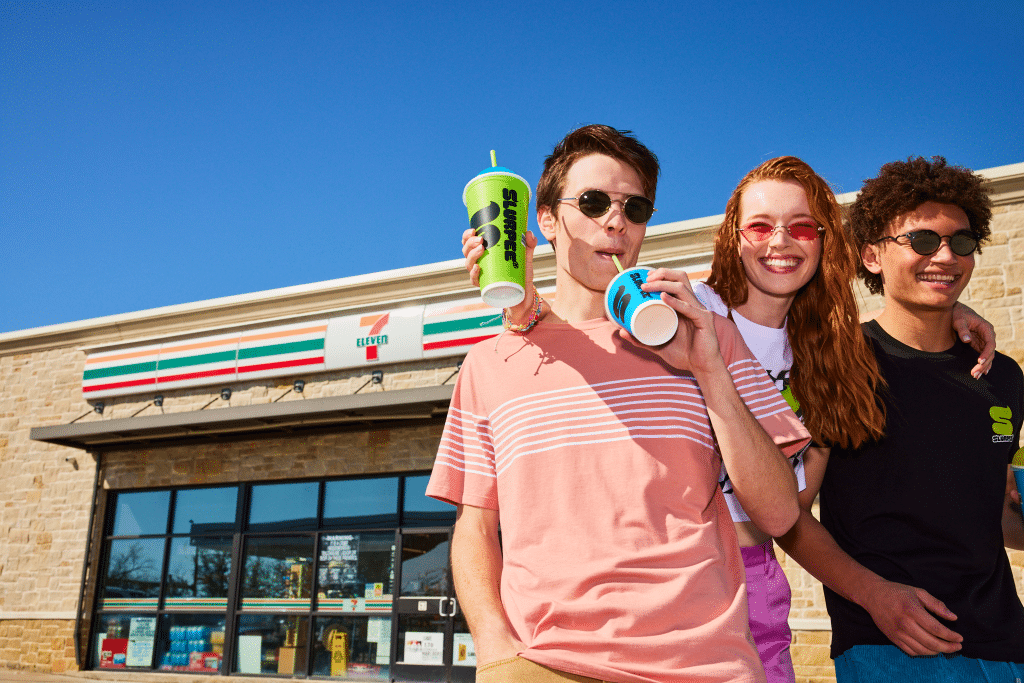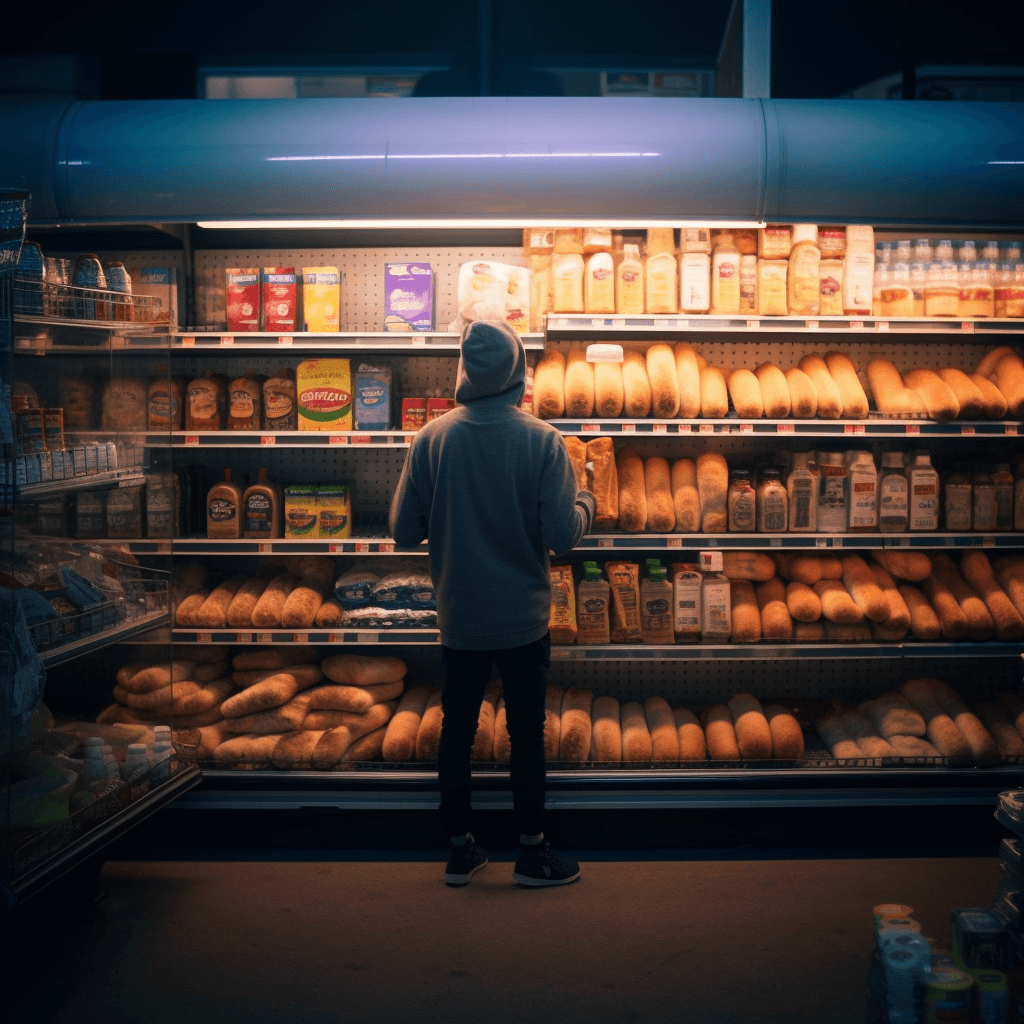
Innovating Convenience: 7-Eleven’s Dynamic Vision
Danni Peirce, CEO of 7-Eleven, is setting the blueprint for the future of retail. With a focus on cutting-edge technologies like drone deliveries, palm payments, and data-driven insights, Peirce is revolutionizing the convenience store experience. During her fireside chat at NRF Asia 2024 with Rakesh Mani, Partner and Asia Pacific Consumer Markets Leader at PwC, Peirce shared her vision and strategic initiatives driving 7-Eleven’s transformation.
A Global Retail Journey
Danni Peirce’s 20-year career in retail spans continents and major brands. She began at Tesco in the UK, then moved to Coles in Australia, and worked with Southeastern Grocers in the US. Peirce joined TFI Retail Group in 2018 and now leads 7-Eleven, overseeing operations in Singapore, Hong Kong, South China, and Macau.
Transforming the Convenience Store Experience
Under Peirce’s leadership, 7-Eleven is moving from a traditional convenience store model to one focused on food-on-the-go and omnichannel experiences. This shift aligns with global trends, similar to those seen at Domino’s and Fed Vice. In South China, 7-Eleven is expanding its market presence and exploring new business opportunities.
Adapting to Market Trends
Convenience formats in Asia are evolving differently compared to other regions. New formats like “minimarts” are emerging in places like Indonesia, while supermarkets are trying smaller formats. Despite these changes, Peirce emphasizes that 7-Eleven’s focus remains on maximizing convenience within small store spaces. “Our average store size is about 500ft², but some stores are as small as 100ft² or less,” she noted, highlighting the unique nature of their business model.
Enhancing In-Store Experience
Peirce discussed the crucial role of the in-store experience in convenience retail. Customers value speed and ease, often boasting about how quickly they can get in and out of 7-Eleven stores. In South China, where digital payments are common, 7-Eleven has introduced facial recognition and palm payment technologies to streamline transactions. This tech-forward approach reflects a broader trend in Asia toward digital integration in retail.
Leveraging First-Party Data
A major success for 7-Eleven has been the launch of the “U Rewards” program, a digital-first coalition loyalty program. Initially rolled out in Hong Kong and later in Singapore, the program rapidly gained traction. Now, 70% of Hong Kong’s adult population are active members. This program provides 7-Eleven with valuable first-party data, enabling personalized customer experiences and enhanced retail media strategies.
Future of Retail: Partnerships and Innovation
Peirce highlighted the importance of partnerships and innovation in driving 7-Eleven’s growth. Collaborations with tech companies like Meituan for drone deliveries and WeChat for palm payments keep 7-Eleven ahead of the curve. Moreover, the introduction of unmanned stores and robotic deliveries in Singapore showcases the brand’s commitment to pioneering retail innovations.
Conclusion
As Peirce steers 7-Eleven into the future, the focus remains on adapting to consumer needs, leveraging technology, and exploring new growth avenues. With a strong foundation in place, 7-Eleven is poised to continue its transformation and lead the convenience retail sector in Asia.



